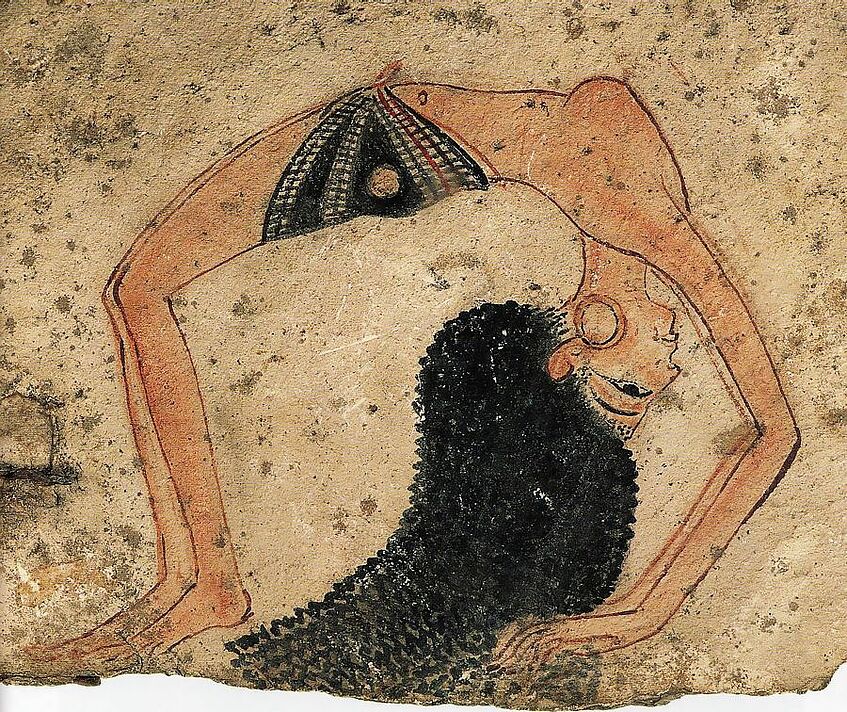Egyptology (Master)

© Museo Egizio Turin
The master’s programme in Egyptology builds on the knowledge and competences acquired in the bachelor’s programme in Egyptology. It equips students with advanced and specialised knowledge of the methods and practices of the individual subject areas of Egyptology (language, script and literature, archaeology, art and architecture, as well as history and religion) and their relevance for professional practice. Graduates are qualified to use their methodological and subject-specific knowledge in independent research.
Master of Arts
Degree Programme Code: 066 898
4 semesters / 120 ECTS credits
Language: German
NO entrance examination
Curriculum (Version 2025)
Facts & Figures
- Students: n.a.
- Graduates in the last academic year: n.a.
- Number of semesters needed for graduation (median): n.a.
Data updated on: 03.12.2024
Attention
Instruction Language German
Please note that the instruction language of this programme is German. To start the degree programme, you need to hold a certificate of German proficiency on C1 level.
Admission Procedure
Information about the admission procedure
Information on Previous Studies:
In any case eligible degree programmes at the University of Vienna:
Getting Informed
Getting started
Study Programme
The master’s programme consists of compulsory modules on the following subject areas: stages of the egyptian language and script, art and architecture, archaeology, and philology and textual scholarship. In addition, students have to select 2 out of 5 elective modules (philology, art history, archaeology, Egypt and Sudan, Mobility Module). To complete the programme, the students have to pass the compulsory Module: Master’s module and have to write a master’s thesis and pass a master’s examination.
Five concepts
which you will deal with during your studies:
- Archaeology
- Intercultural competences
- Textual Scholarship
- Art
- Hieroglyphics
... and many more.
Overview of the programme structure & topics
Here you find the current offer of courses for this programme to gain better insight into the topics and structure. For more information please click on the respective level.
After Graduation
Graduates are able to successfully demonstrate the competences they acquired in professional practice (as teachers at adult education institutions) or at academic and research institutions related to the field. Furthermore, they can organise and stage academic and cultural events, and manage institutions in the academic and cultural sector or in comparable occupational fields (museums, libraries, tourism, public administration, diplomatic service, cultural management, publishing and media).
Graduates' Perspective on the Degree Programme
Graduates ...
- find employment within 2 months after graduation on average.
- earn an average of € 2,719 (women) and € 2,702 (men) gross per month within three years after graduation.
- work full time at a percentage of 68% (women) and 62% (men) within three years after graduation.
*You can find further information on career entry and career paths in the tracking of graduates "Arts and Humanities".
